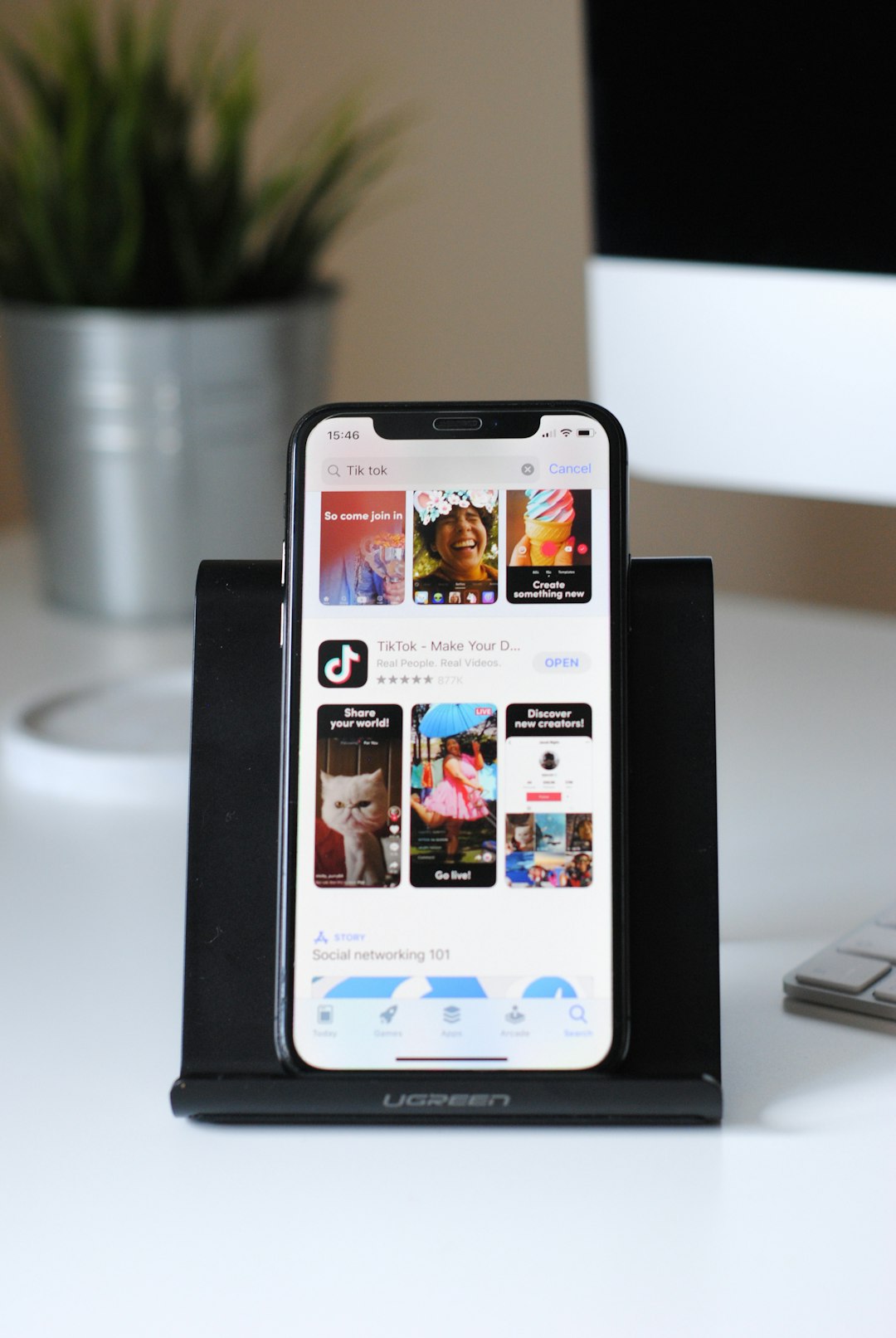
Late Saturday, TikTok abruptly stopped working in the U.S. and was removed from Apple (NASDAQ:AAPL) and Google (NASDAQ:GOOGL) app stores ahead of a new law banning the platform. This marks the first instance of a major social media platform being banned in the United States, raising questions about its implications on U.S.-China relations, domestic politics, and the digital economy.
Key Developments
The Ban’s Scope
TikTok, along with ByteDance-owned apps like CapCut and Lemon8, became inaccessible as the law took effect.
The shutdown impacts 170 million U.S. TikTok users, including creators and businesses dependent on the platform.
Potential Reprieve
President-elect Donald Trump has suggested granting TikTok a 90-day extension to address the ban.
TikTok informed users of this possibility in an in-app notification.
Legislative Context
The law passed by Congress gives the administration sweeping authority to ban or regulate Chinese-owned apps.
This move signals heightened scrutiny of Chinese tech firms amid rising tensions between Washington and Beijing.
Broader Implications
Economic and Cultural Impact
The shutdown disrupts creators, marketers, and businesses that rely on TikTok for revenue and engagement.
For many, TikTok served as an economic lifeline, particularly during the pandemic, and its absence could leave millions scrambling for alternatives.
U.S.-China Relations
This ban exacerbates tensions between the two superpowers, with potential retaliatory measures by Beijing.
The situation could impact negotiations on trade, technology transfers, and cybersecurity policies.
Social Media Market
Competitors like Instagram Reels, YouTube Shorts, and Snapchat Spotlight stand to gain from TikTok’s absence.
The ban reshapes the competitive landscape, offering U.S.-based platforms an opportunity to dominate the short-video segment.
Industry Insights
Tech Consolidation Risks: ByteDance’s setbacks highlight challenges faced by foreign tech companies entering the U.S. market under heightened regulation.
Data Privacy Concerns: The decision underscores ongoing debates about data sovereignty and foreign influence in the digital sphere.
Regulatory Precedents: The enforcement of this ban could set a precedent for targeting other foreign-owned platforms, creating uncertainty for global tech companies.
Looking Ahead
While Trump’s proposed 90-day extension could temporarily reinstate TikTok, the platform’s long-term future in the U.S. remains uncertain. Beyond TikTok, the law may spur broader scrutiny of foreign-owned apps, influencing tech policy for years to come.

